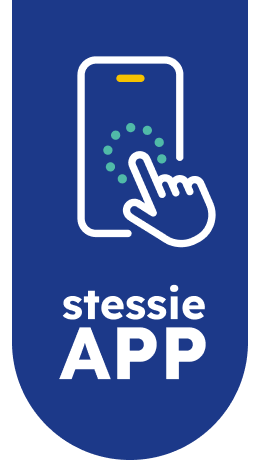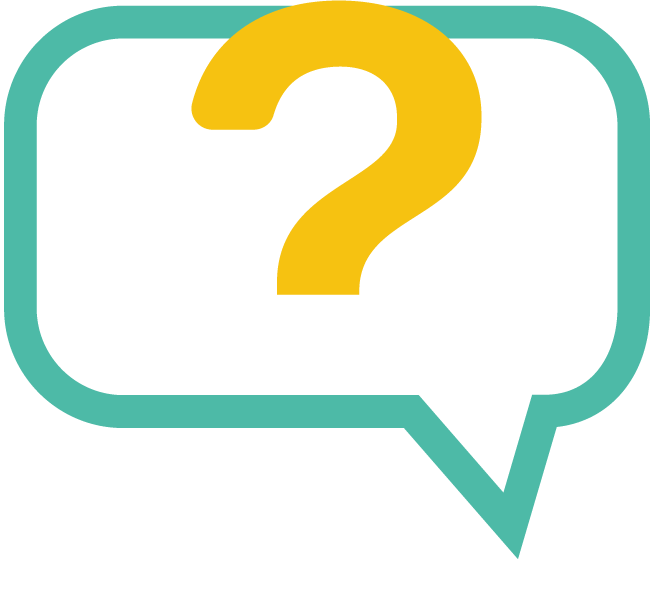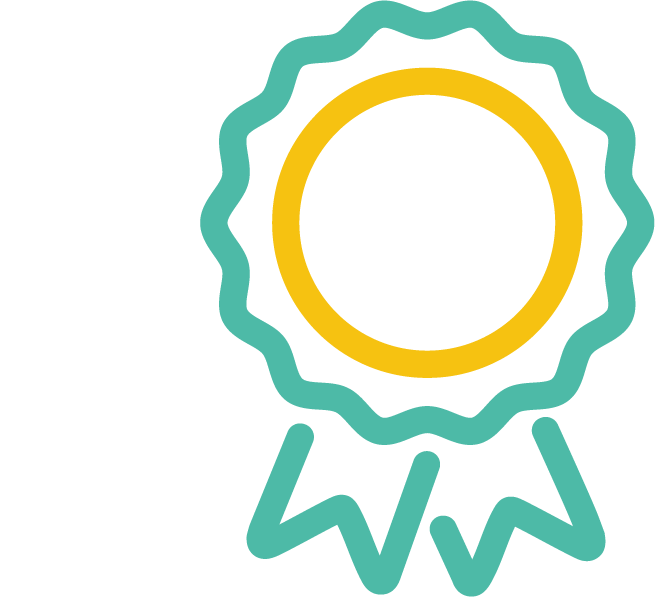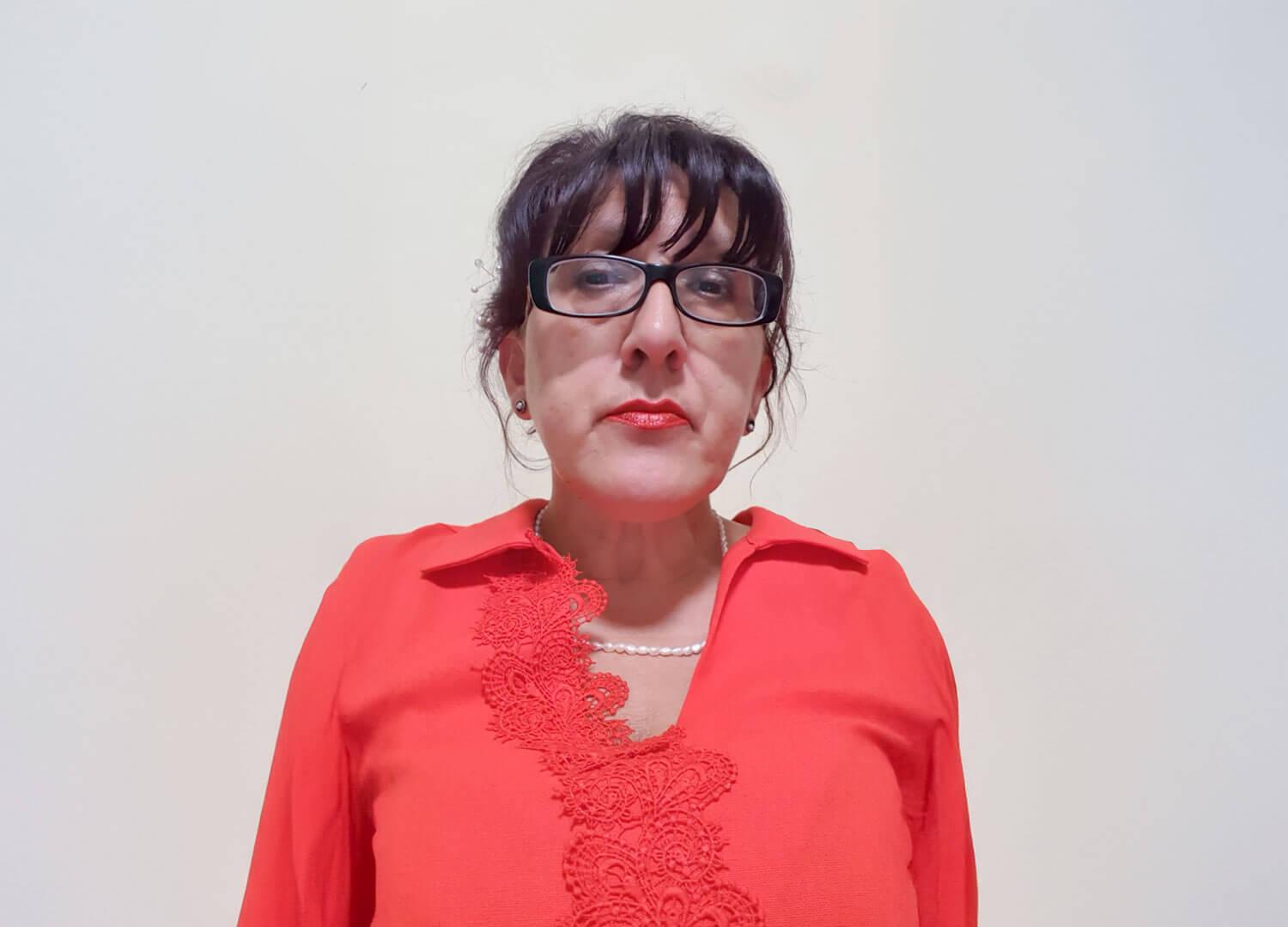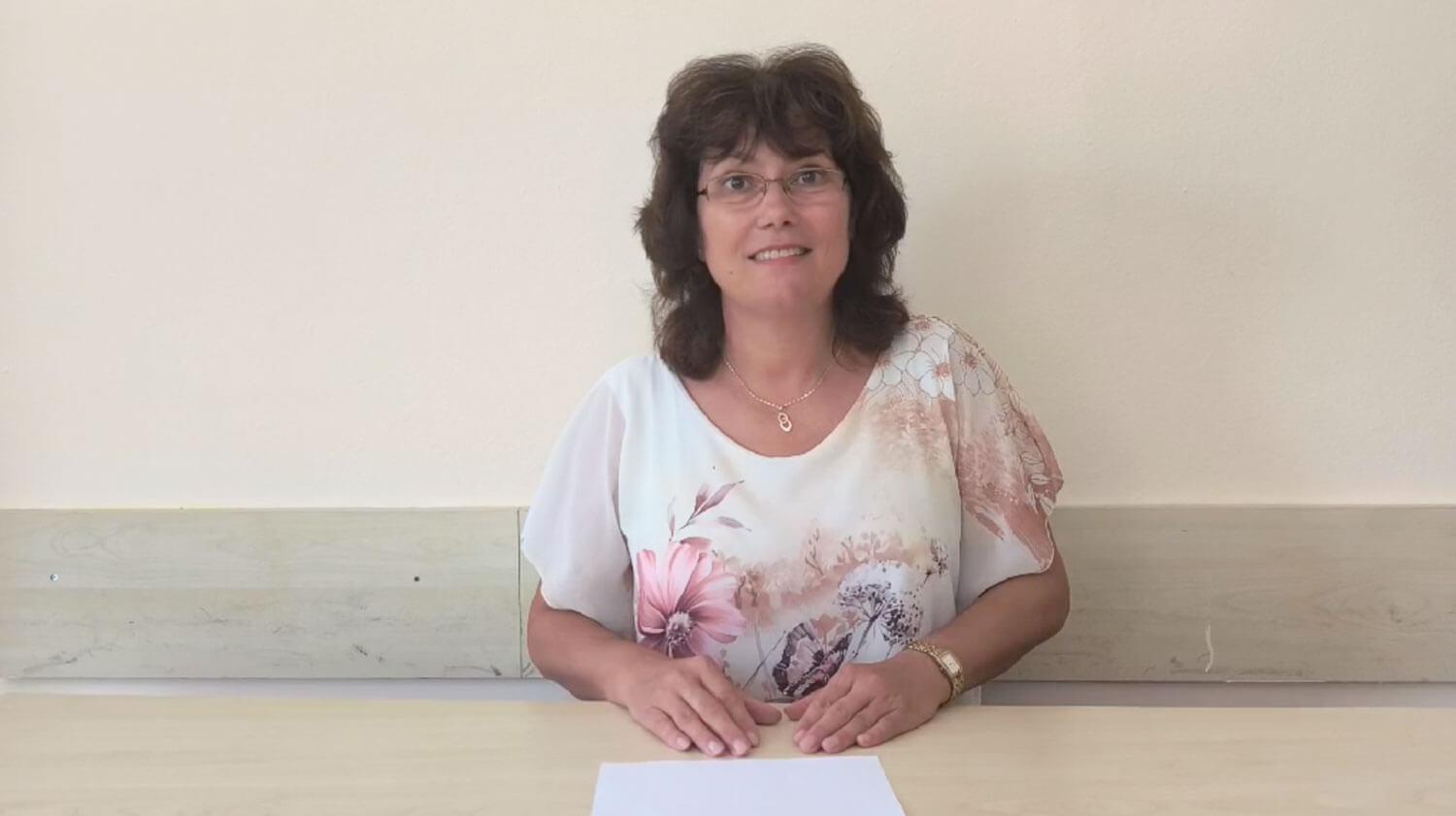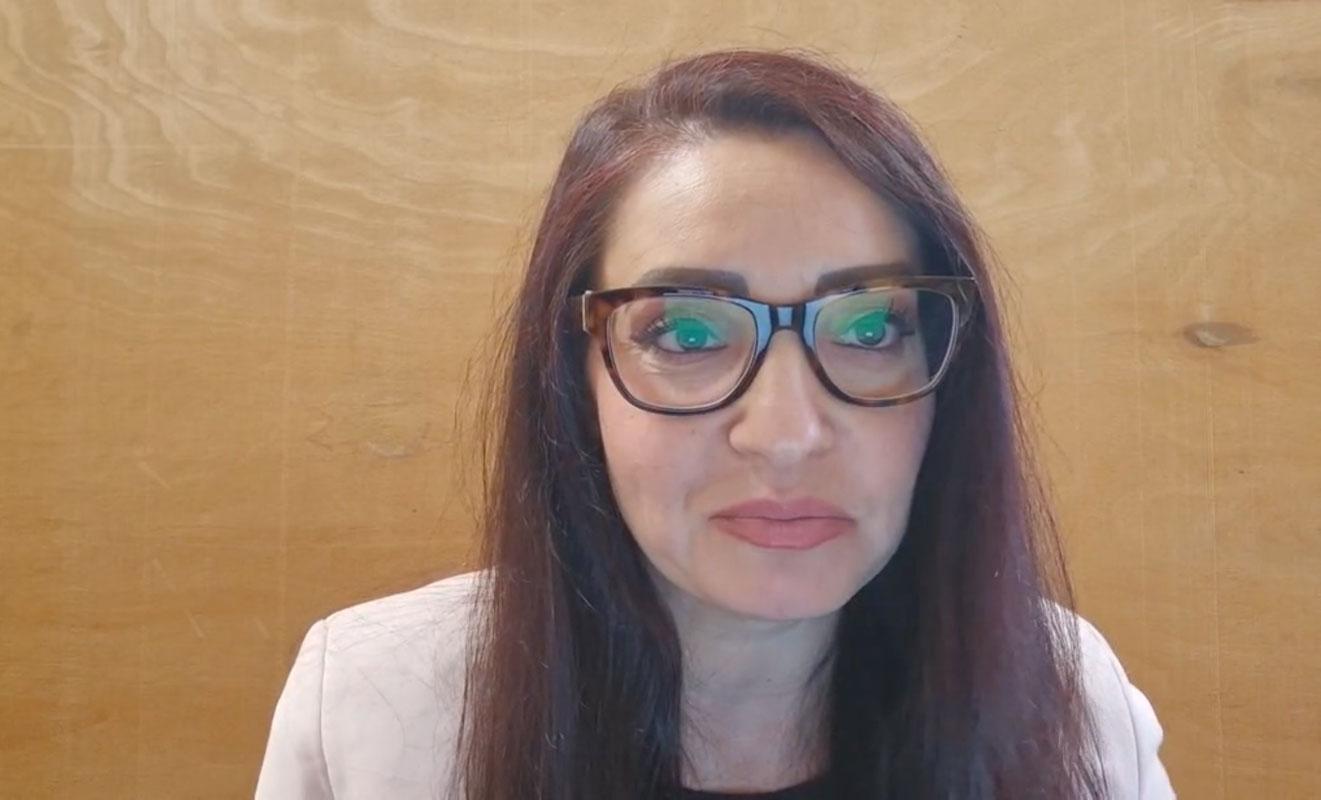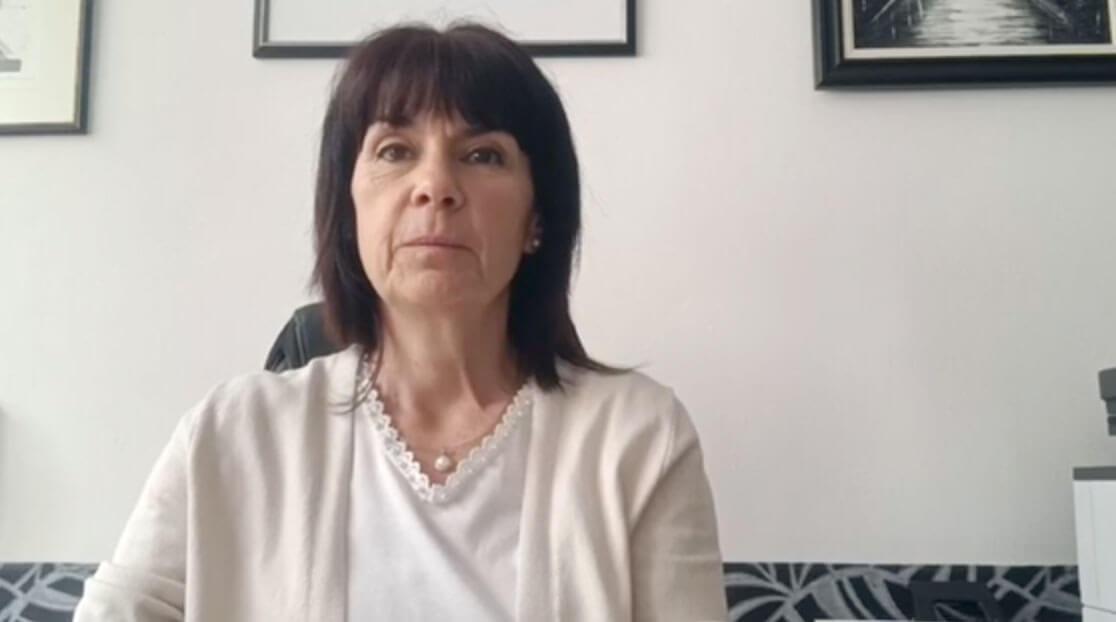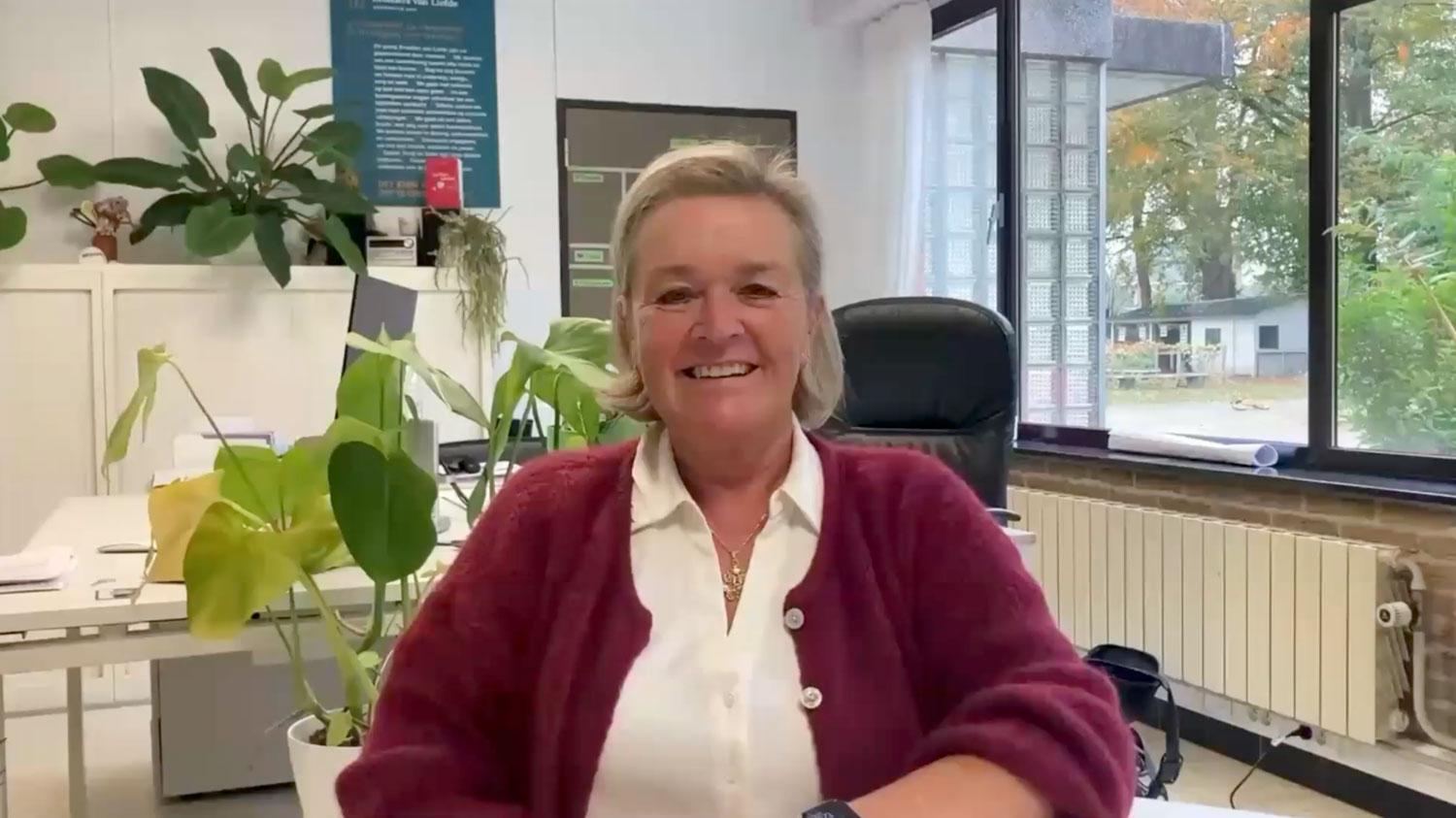

Stessie ist ein Online-Instrument zur Selbstreflexion, das entwickelt wurde, um Schulen dabei zu unterstützen, ihre inklusiven Schulpraktiken zu reflektieren, zu bewerten und zu verbessern. Dieses Tool wurde von einem multidisziplinären Team von Experten aus verschiedenen Ländern und Bildungsbereichen (Inspektoren, Schulleitungen, Lehrkräfte, Berater, Forscher usw.) entwickelt. Es ist das Ergebnis von zwei Erasmus+-Programmen. (BIBESOIN 2018 – 2021 and STESSIE 2022 -2025)
STESSIE führt die Perspektiven des pädagogischen Personals, der Eltern und der Schülerinnen und Schüler einer bestimmten Schule zusammen und stellt der Schule einen Überblick über ihre inklusive Führung, das Schulklima und die Unterrichtspraxis zur Verfügung.
Das Stessie-(Selbst-)Reflexionsinstrument unterstützt Schulen zusätzlich dabei, Maßnahmen zur Schaffung eines inklusiveren Schulumfelds zu formulieren und zu koordinieren. Es hilft Schulen dabei, fundierte Entscheidungen über strategische Ausrichtungen für die Zukunft zu treffen.
social inclusion

STESSIE, ein benutzerfreundliches Tool für Schulen, um über inklusivere Praktiken nachzudenken und diese weiterzuentwickeln.
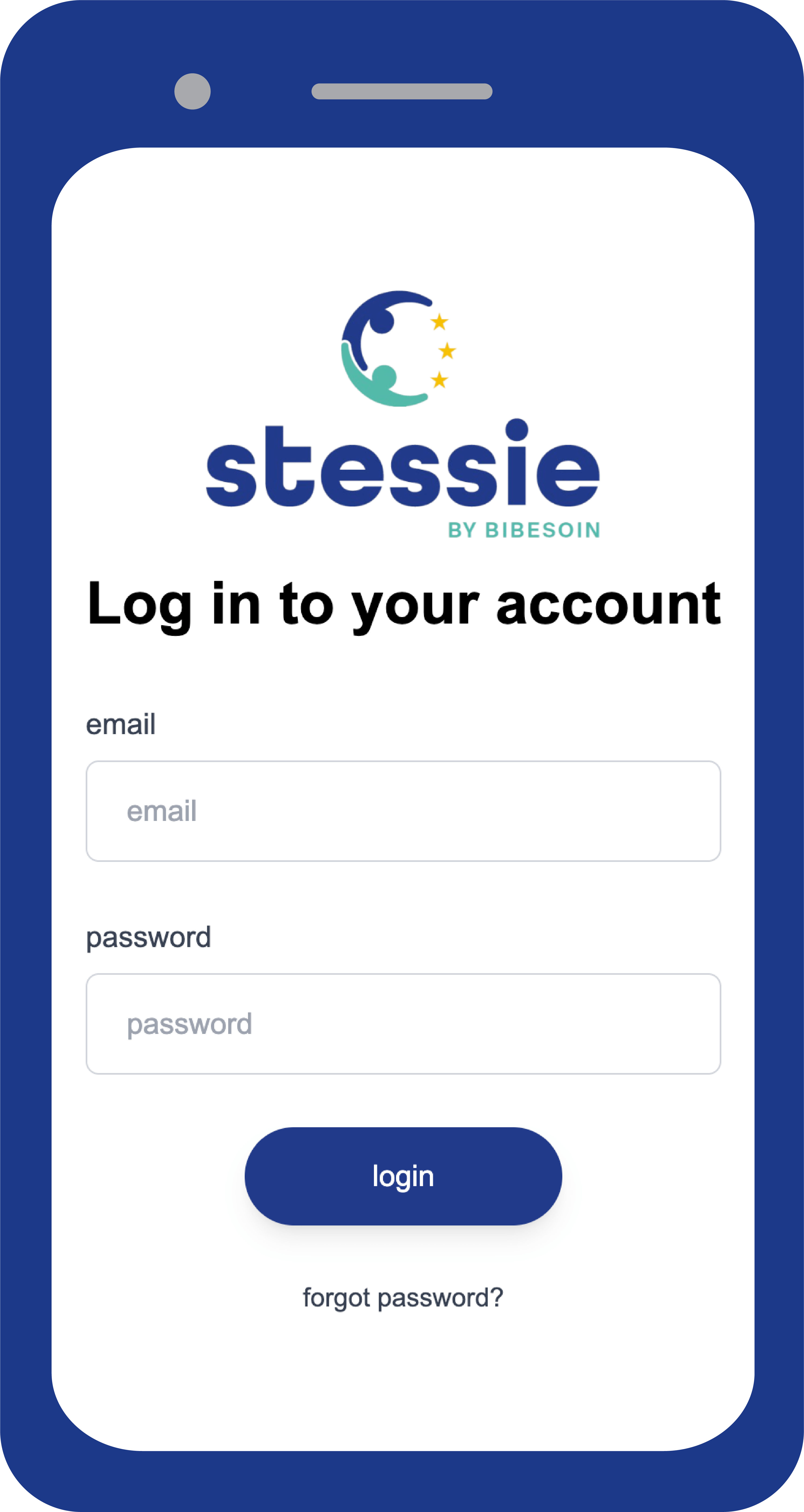
STESSIE kann über die Jahre hinweg mehrfach genutzt werden, um den Fortschritt hin zu einer inklusiveren Zukunft zu messen.
Ga direct aan de slag
STESSIE versteht Inklusion als einen schulweiten Ansatz und eine kollektive Verantwortung.
ÜBER
Um die soziale Inklusion im Bildungswesen zu fördern und zu stärken
WARUM
STESSIE integriert Informationen aus der Perspektive von Mitarbeitenden, Eltern und Schülerinnen und Schülern derselben Schule (um ein Bild von der inklusiven Führung, der Schulkultur und dem Klassenklima der Schule zu vermitteln).
WIE FUNKTIONIERT ES?
STESSIE ist Teil eines Prozesses, der Schulen dabei unterstützt, Maßnahmen zur Schaffung eines inklusiveren Umfelds zu formulieren und zu koordinieren.
MIT DEN ERGEBNISSEN ARBEITEN



Tessie stands out in the crowd
customisable
DSGVO-konform
Von Experten entwickelt

Was andere Schulen sagen...
Zorica Djokovic
Principal of "Wood-art"
Secondary School in Serbia
Our school took part in the piloting of the instrument. The questionnaires were completed by teachers, the support staff, parents, students, and me, as the school principal. The questionnaires are extensive, yet comprehensive. They clearly highlight the complexity of inclusion and all its aspects within the school environment. The school plans to use the instrument in the next self-evaluation.
Desislava Ognyanova
Principal of 128 Secondary School "Albert Einstein" - Sofia, Bulgaria
128 Secondary School "Albert Einstein" took part in the pilot implementation of the STESSIE tool. The use of the application, supported by well-structured questionnaires, motivated both teachers and parents to work toward our common goal – the inclusion and integration of every single student.
Denis Hadzhieva
Primary Education Teacher at the 8th Secondary School “Vasil Levski” - Sofia, Bulgaria
Participation in the STESSIE project provided a valuable opportunity to critically reflect on the processes of educational inclusion and contributed significantly to the development of a more inclusive and supportive school environment. The results obtained from the questionnaires enabled the identification of both strengths and areas requiring improvement within the school’s practices. Moreover, the study facilitated enhanced communication within the school community and stimulated thoughtful reflection and dialogue on inclusion-related issues. The school leadership intends to utilise the collected data to further develop and refine inclusive strategies, as well as to inform the adaptation of school policies.
Milena Anachkova
Principal of the 8th Secondary School “Vasil Levski” - Sofia, Bulgaria
The school’s leadership recognises the STESSIE questionnaires as an effective tool for monitoring progress and evaluating the impact of the measures undertaken. A total of 371 participants took part in the survey, expressing their satisfaction, attitudes, and willingness to engage in new educational initiatives. The repeated use of the STESSIE questionnaires is planned in order to ensure continuity in data collection and to support evidence-based decision-making in the development of inclusive school policies.
Cindy Van der Snickt
Principal of the School “De Wonderboom" - Belgium
Director Cindy Van der Snickt from De Wonderboom Children’s centre shares how her school in Flanders has developed its own distinctive approach. The centre supports children from birth to age 12 and has been actively strengthening its inclusive practices for several years. To reflect on their progress, the team used the STESSIE tool, which they hope will remain a valuable resource as they continue building an inclusive environment.

